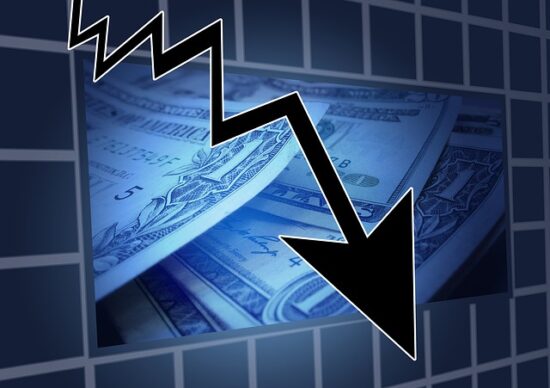International Monetary Fund loans to countries with economic problems have reached a record high, as the world organization struggles to fight multiple crises that have caused at least five countries to default on their loans.
Moreover, it is expected that many other countries will have problems with their ongoing loan payments.
The pandemic, Russia’s attack on Ukraine and the extraordinary increase in interest rates worldwide have forced dozens of countries to seek IMF assistance.
IMF data shows that, at the end of August, the volume of loans distributed by the Fund reached 140 billion dollars, through 44 separate programs.
This figure, which is expected to rise further in the coming months due to rising borrowing costs, is higher than the sum of total loans outstanding at the end of 2020 and 2021, when figures reached record annual levels .
Experts predict that further interest rate hikes by central banks in major markets will raise borrowing costs around the world and risk triggering a severe recession.
Some analysts say the IMF’s lending capacity may soon reach its limits, as poor countries that have been cut off from the international loan market are forced to turn to the fund for support.
Total IMF commitments, including loans approved but not yet disbursed, have reached more than $268 billion.
The IMF is in negotiations with several countries regarding support packages, which will further increase its total commitments.
Under IMF rules, member countries can usually receive limited support to the extent of 145 percent of their IMF quota, in other words of the shares they own, which roughly corresponds to the share that each occupies a place in the world economy.
This would make $370 billion available to low- and middle-income countries, out of the IMF’s total lending capacity of about $940 billion.
The IMF recently created a resilience trust to help countries deal with systemic challenges, such as climate change, for which Joshi said the IMF had committed $40 billion worth of funding, compared to a target of $45 billion dollars.





